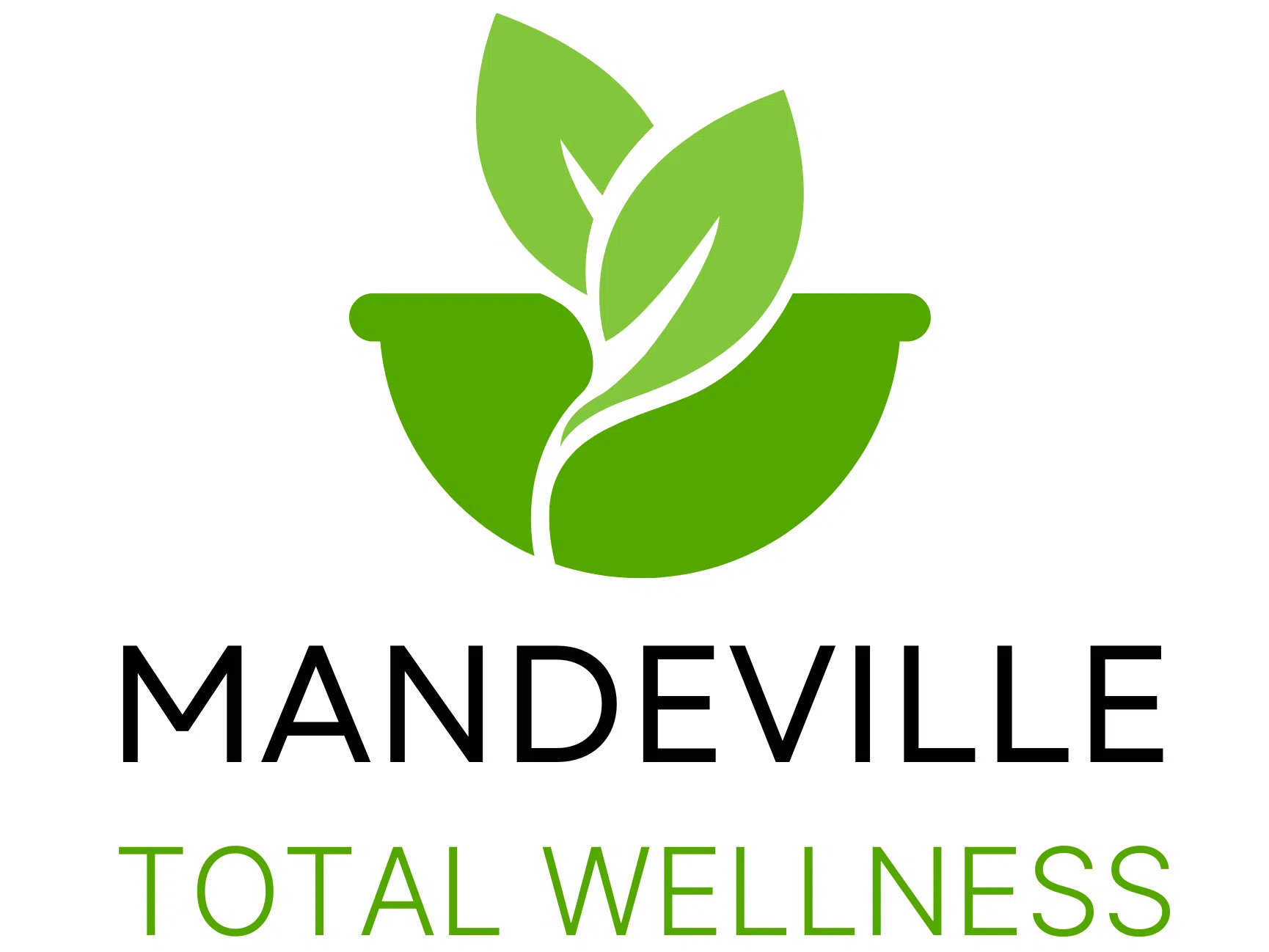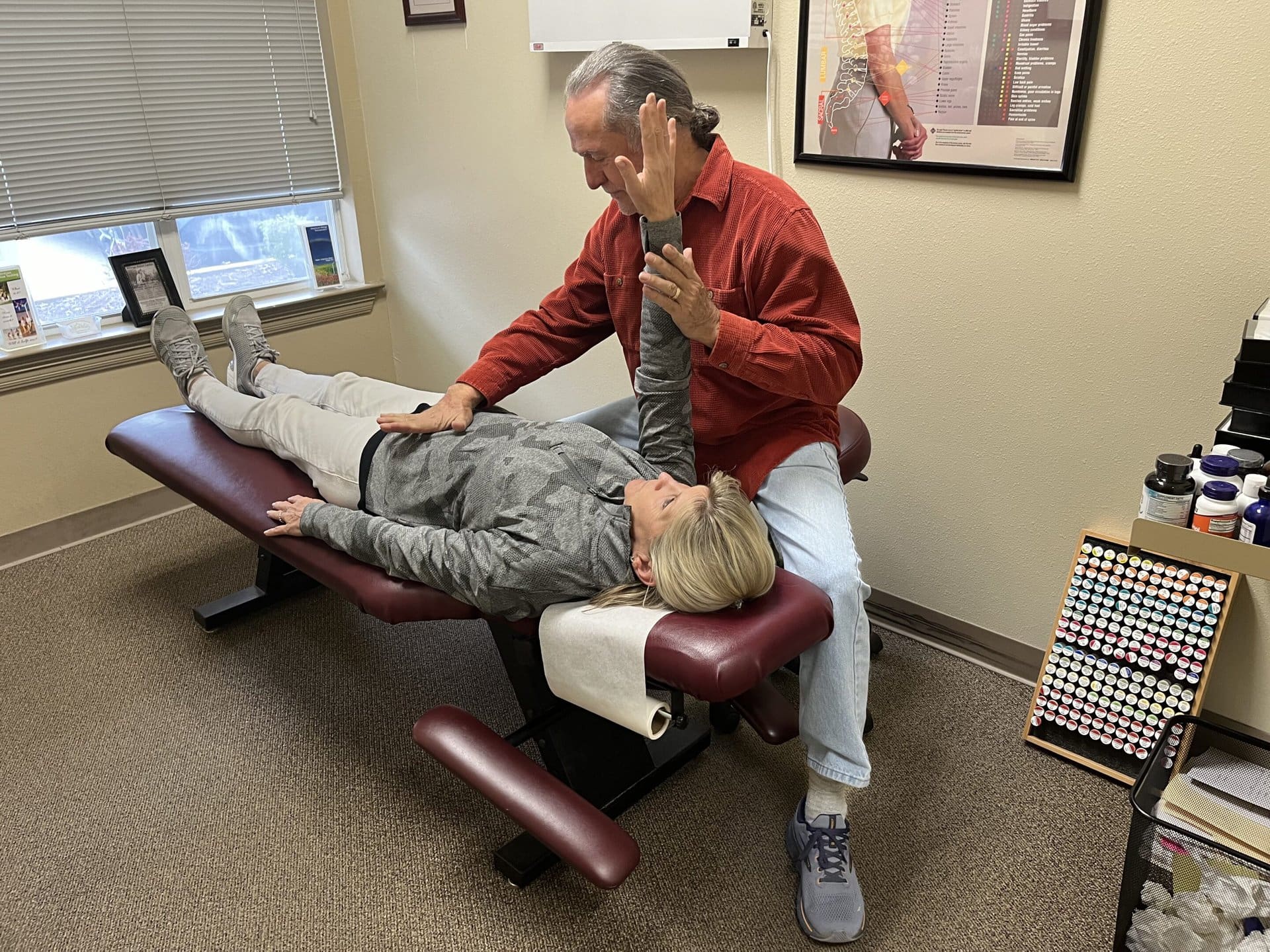Navigating the world of health and wellness can often feel like trying to solve a complex puzzle with missing pieces. One approach that has been gaining traction for its personalized touch in solving this puzzle is nutrition response testing. This method offers a tailored solution to health and wellness, focusing on the individual’s unique nutritional needs. It’s not just about eating right; it’s about eating right for you.
Understanding Nutrition Response Testing
Nutrition response testing is a non-invasive system of analyzing the body to determine the underlying causes of ill or non-optimal health. This technique utilizes muscle strength testing to communicate with the body’s nervous system and assess how it responds to various stimuli, including food, allergens, and other substances.
- This method is grounded in the science of applied kinesiology.
- It allows practitioners to pinpoint specific nutritional imbalances or weaknesses in the body.
- The goal is to identify precisely what the body needs to fully recover and thrive.
Benefits of Nutrition Response Testing
The personalized nature of nutrition response testing offers several compelling benefits. It moves beyond the one-size-fits-all dietary advice, providing individuals with a customized plan that addresses their specific health concerns and nutritional needs.
- Personalized Dietary Plans: Each plan is tailored to the individual’s unique needs, promoting better health outcomes.
- Improved Health and Wellness: By addressing nutritional deficiencies and imbalances, individuals often experience a significant improvement in their overall health.
- Detection of Nutritional Deficiencies: Early detection of deficiencies allows for timely intervention, preventing further health complications.
How Nutrition Response Testing is Conducted
The process begins with an initial consultation and assessment, where a trained practitioner uses applied kinesiology to test the body’s reflexes. This testing helps identify any imbalances that may be affecting the patient’s health.
- The assessment is non-invasive and typically involves testing the body’s response to various substances.
- Applied kinesiology is a key component, used to measure the strength of a muscle in response to specific stimuli.
- The results of the testing guide the practitioner in developing a personalized nutrition plan.
Success Stories with Nutrition Response Testing
Many individuals have turned to nutrition response testing with remarkable results. These success stories highlight the method’s effectiveness in improving health and wellness across a range of conditions.
- Real-life examples include individuals overcoming chronic fatigue, digestive issues, and autoimmune diseases.
- Testimonials often cite improved energy levels, better digestion, and a stronger immune system.
- Case studies demonstrate the method’s ability to provide targeted nutritional support, leading to significant health improvements.
Comparing Nutrition Response Testing to Traditional Diets
Nutrition response testing offers a distinct advantage over traditional dietary approaches by focusing on the individual’s specific needs rather than applying general dietary guidelines.
- Traditional diets often fail to address unique nutritional imbalances or health conditions.
- Personalized nutrition plans can lead to more effective and sustainable health improvements.
- This method ensures that dietary recommendations are based on the individual’s specific health status and goals.
Who Can Benefit from Nutrition Response Testing
Virtually anyone looking to improve their health and wellness can benefit from nutrition response testing. It is particularly beneficial for:
- Individuals with chronic health issues seeking alternative solutions.
- Those aiming to optimize their health and prevent future health problems.
- Athletes and fitness enthusiasts looking to enhance their performance and recovery.
Getting Started with Nutrition Response Testing
Embarking on a journey with nutrition response testing begins with finding a qualified practitioner. These professionals are trained to conduct the testing and interpret the results to develop a personalized nutrition plan.
- The first session typically involves a detailed health history and the initial testing process.
- Practitioners may recommend specific supplements or dietary changes based on the testing results.
- Ongoing sessions may be necessary to adjust the nutrition plan as the individual’s health improves.
In exploring the benefits and process of nutrition response testing, it’s clear that this approach offers a promising solution for those seeking personalized health and nutrition plans. By focusing on the individual’s unique needs, nutrition response testing provides a tailored path to improved health and wellness.
Key Takeaways from Nutrition Response Testing
- Nutrition response testing offers a personalized approach to health and wellness.
- It utilizes applied kinesiology to identify nutritional imbalances and deficiencies.
- The method provides targeted nutritional support, leading to improved health outcomes.
- Success stories highlight its effectiveness across a range of health conditions.
- It offers a significant advantage over traditional dietary approaches by focusing on the individual’s specific needs.
Frequently Asked Questions
1. What makes nutrition response testing different from regular blood tests? Nutrition response testing is a non-invasive method that assesses the body’s nutritional needs through muscle strength testing, unlike blood tests that measure levels of specific nutrients or markers in the blood.
2. Can nutrition response testing help with weight loss? Yes, by identifying and addressing nutritional imbalances, nutrition response testing can support weight loss efforts by optimizing the body’s metabolic processes and improving overall health.
3. How long does it take to see results from nutrition response testing? Results can vary depending on the individual’s health status and adherence to the personalized nutrition plan. Some may notice improvements within a few weeks, while others may take longer.
4. Is nutrition response testing safe for children? Yes, nutrition response testing is safe and beneficial for individuals of all ages, including children. It can help identify potential food sensitivities or nutritional deficiencies early on.
5. How often should I undergo nutrition response testing? The frequency of testing depends on the individual’s health goals and progress. Initially, more frequent sessions may be necessary, but as health improves, the intervals between sessions may extend.
Mandeville Total Wellness specializes in Nutrition Response Testing, Chiropractic Care and other wellness treatments, dedicated to fostering your body’s natural healing abilities. Our team combines years of expertise in nutrition and chiropractic wellness with a passion for holistic health, offering personalized care tailored to each individual’s needs. Grounded in the belief that true wellness comes from harmony within the body’s systems, we are at the forefront of a health revolution, guiding you towards optimal health. Discover a vibrant, healthier you with Mandeville Total Wellness, your partners in holistic healing.












